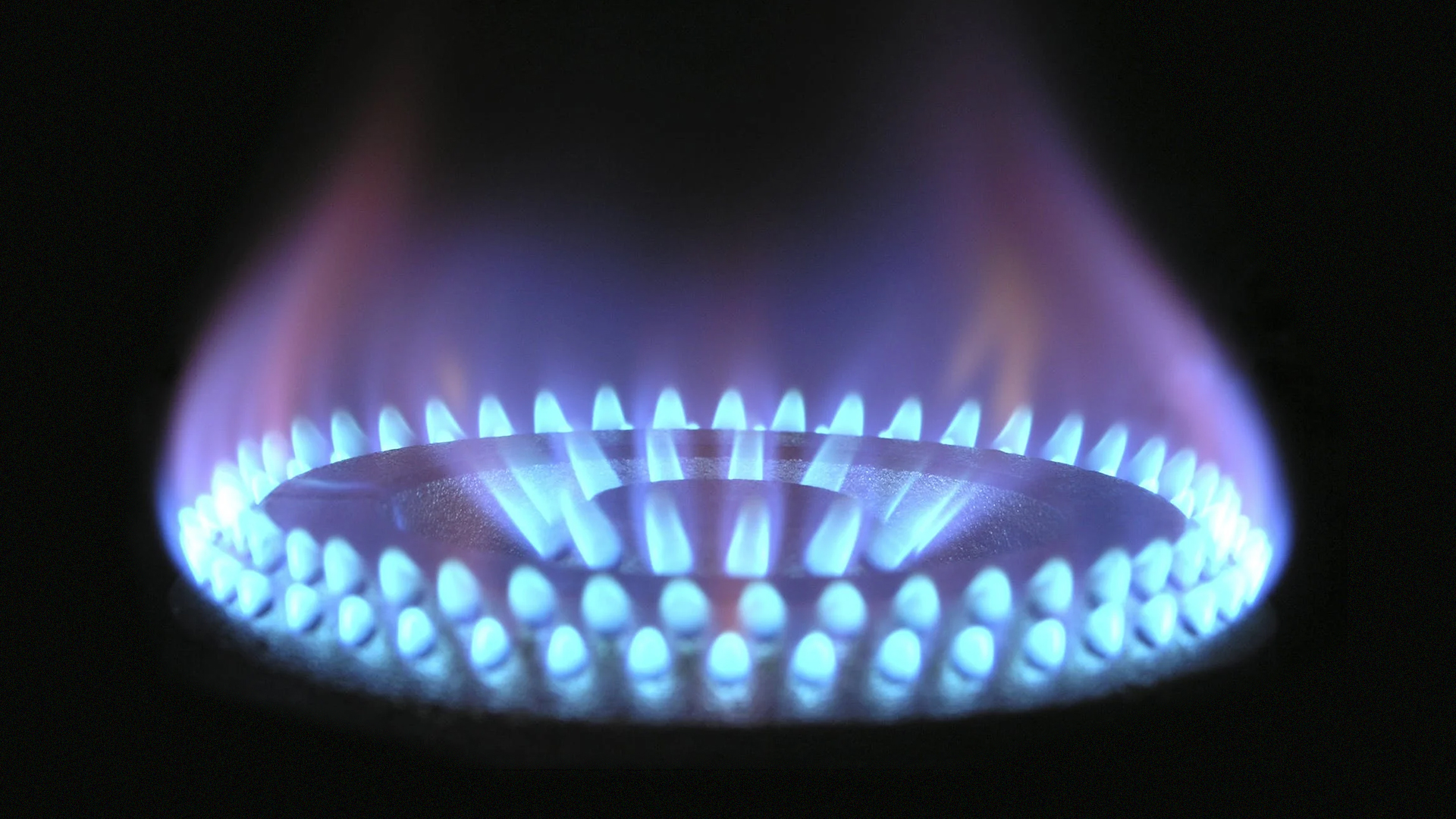
In recent weeks, the explosive increase in the price of energy, especially gas, has been a hot item in the news. This increase is the result of a recovering economy after the corona crisis. Almost immediately after the start of the corona pandemic, many companies stopped or reduced their production, causing the price of gas, in particular, to plummet.
After the economy recovered and showed growth in recent months, the gas price rose like a rocket to the current record level. In one day, an increase of more than € 18 per megawatt hour was even recorded and the gas price went from € 100 to € 118. The sharp increase is now causing problems for many companies, with some scaling back production to keep their energy consumption under control. Other companies are announcing that their products will become more expensive. Consumers, too, will notice the huge price increase, although it will depend on the type of contract they have.
Fixed or variable contract?
Consumers and small business customers (the so-called small users) can usually opt for a fixed or variable contract with their energy supplier. Fixed contracts are often concluded for a period of three or four years, while a variable contract is for an indefinite period. Now that energy prices are rising sharply, small-scale consumers with a variable contract can get into trouble. Some calculations already assume increases of several tens of euros per month. But is switching from a variable to a fixed contract or even to a different supplier a wise move?
Making more sustainable
For some years now, efforts have been made to make energy more sustainable. In the Climate Agreement that was concluded a few years ago, it is assumed that sustainable energy will provide 95% of our energy needs in 2050. Wind and solar energy are the big trump cards in this. There is an upward trend in the amount of companies and consumers that use solar energy in particular to generate their own energy, but it is still not enough to achieve this 95% now. In addition, the cabinet has decided to phase out the net metering regulation, whereby too much (own) generated (solar) energy is settled by feeding it back to the electricity network, as of 2023. Not a particularly stimulating measure, in my view.
Energy Tax
The Energy Tax was introduced in 1996 to make the citizens of the Netherlands aware that we have to use energy more economically and efficiently. In the first years, this tax was not very high and one has to wonder whether this was a sufficient stimulus to indeed use energy more economically. At the moment, the Cabinet has decided to give a one-off reduction of €500 million to help small-scale consumers cope with rising gas prices.
Energy saving
In addition to generating your own energy, saving energy is also a means of reducing your bills and can help to relieve the strain on the overloaded electricity network. Take a look around your home and you will see that many (standby) appliances are connected throughout the day unnecessarily. In addition to these energy-saving measures, one can also think about good insulation of the home or business premises, although tenants are then dependent on the landlord.
Information obligation on energy saving
As of 1 July 2019, the Energy Saving Information Obligation has been introduced for companies and institutions as part of the Environmental Management Act. Does your company or institution consume more than 50,000 kWh of electricity or 25,000 m3 of natural gas per year? Then you are obliged under the Activities Decree Environmental Management to take energy-saving measures with a payback period of 5 years or less. This is called the energy saving obligation.
Companies and institutions are obliged to submit their reports via eRecognition to the eLoket of the Rijksdienst voor Ondernemend Nederland (RVO). If you do not have ‘eHerkenning’ (eRecognition), but you do have to comply with the Information Obligation Energy Saving, then the Accountants and Tax Advisors of AAme are happy to assist you. Information about this can be obtained via info@aame.nl.
The same e-mail address can also be used if you want to know more about the various energy (saving) subsidies that the Government provides.
Whether you want to take energy-saving or insulating measures as a private individual or as a business, there is enough food for thought!